On the morning of July 2, in Hanoi, the Central Steering Committee for Science , Technology, Innovation and Digital Transformation (Steering Committee) held a conference to review the work in the first 6 months of 2025 and deploy tasks for the last 6 months of 2025, connecting online to connecting points across the country. General Secretary To Lam, Head of the Central Steering Committee for Science, Technology, Innovation and Digital Transformation chaired the conference.
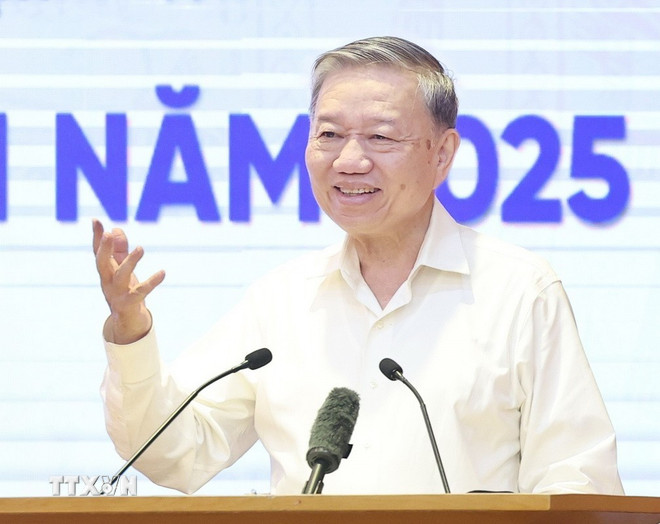
Also attending the Conference were Politburo members, Deputy Heads of the Steering Committee: Prime Minister Pham Minh Chinh, Standing member of the Secretariat Tran Cam Tu; Politburo members, Secretariat members, Party Central Committee members, Steering Committee members, leaders of ministries, departments, branches, central agencies, committees of the National Assembly and Secretaries, Chairmen of People's Committees of provinces and centrally run cities; comrades in the Steering Committee's Working Group, members of the National Advisory Council; leaders of institutes, universities, and business groups.
Strong change in perception and action
According to the Steering Committee's Report, after 6 months of implementation, Resolution No. 57-NQ/TW has created strong changes in awareness and action throughout the political system.
The National Assembly has passed two very important and fundamental laws, the Law on Science, Technology and Innovation and the Law on Digital Technology Industry, laying a new legal foundation for the development of cutting-edge technology fields such as artificial intelligence, semiconductors, and big data.
The Government has issued a series of important legal documents (16 decrees, 1 resolution), including decrees on reforming one-stop administrative procedures, inter-connected one-stop shops, and decentralization and delegation of power in accordance with the two-level government apparatus organization model.
The Central Steering Committee has directed very strongly, the biggest breakthrough in the way of working in the past 6 months is that the Steering Committee has issued and simultaneously implemented two major plans of special significance: Strategic Action Plan (Plan No. 01) and Plan No. 02-KH/BCĐTW; put into operation the System for monitoring and evaluating the implementation of Resolution 57 and the System for receiving and processing feedback, recommendations, initiatives, scientific and technological solutions, innovation, digital transformation to create links between systems and initially form a management platform based on real-time data.
The Secretariat and the Central Party Office have deployed document management software, paperless meeting rooms, and connections down to the commune level, creating a new step in modernizing the Party's leadership and direction. The Government has issued a list of strategic technologies, identifying 11 technology groups that play a key role in the process of rapid, sustainable development and enhancing national competitiveness.
The science, technology, innovation and digital transformation ecosystem continues to grow strongly, with 858 science and technology enterprises, 45 high-tech enterprises and over 73,000 digital technology enterprises in operation. The Ministry of Science and Technology has attracted and gathered 277 experts to participate in key programs on artificial intelligence, contributing to the development of high-quality human resources for strategic fields.
In the first 6 months of the year, there was strong support and participation from large domestic technology enterprises. This is a new feature, showing that Resolution No. 57-NQ/TW is not only the work of the State but has truly spread to society and the business community, creating a large social movement, creating more resources and motivation to effectively implement tasks.
In addition to outstanding results, the implementation of Resolution No. 57-NQ/TW still has shortcomings and limitations: Institutions and policies in many fields are not yet synchronized; national digital infrastructure and data are still scattered; connection and data sharing are still limited; high-quality human resources are still lacking, especially in key technology industries...
At the Conference, opinions were recommended and proposed many solutions to remove bottlenecks, focus resources to create substantial and sustainable results in the last 6 months of 2025 and the following years.
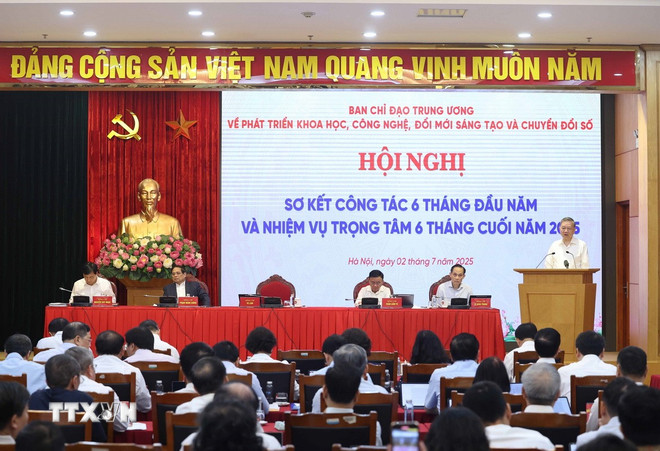
In his concluding remarks at the Conference, General Secretary To Lam acknowledged and highly appreciated the serious, urgent and responsible working spirit of the members of the Steering Committee, leaders of ministries, departments, branches and localities, the elaborate preparation of the Steering Committee's standing body, especially the thoughtful and profound opinions that accurately reflected reality.
The results achieved are the crystallization of the spirit of innovation, daring to think, daring to do, not afraid of difficulties and challenges of the entire political system, as well as the consensus of the people.
Deploying tasks and solutions for the last 6 months of 2025, the General Secretary emphasized that digital transformation is the central nervous system, a vital bridge between the province and the commune.
In the new model, it must become a data brain to synthesize, analyze, and give early warnings of the situation, to avoid information gaps. Without digital transformation, the two-level administrative model will not be able to operate effectively.
General Secretary To Lam stated that the heads of departments, ministries, branches and localities must continue to enhance their sense of responsibility, high political determination, determination, perseverance and steadfastness to do whatever it takes to strengthen the trust of the whole society.
The Central Propaganda and Mass Mobilization Commission shall preside over and coordinate with media agencies to develop an extensive communication program on the breakthrough content of the Law on Science, Technology and Innovation, especially the risk acceptance and commercialization mechanism; the role of data platforms in promoting comprehensive digital transformation; innovation in public services, digital technology applications, etc. to strengthen trust among scientists, the business community and the people.
Ministries and agencies urgently develop and prepare sub-law documents; review and complete specialized legal documents to ensure the implementation of online public services in a comprehensive, effective and substantive manner.
Ministries, branches and localities shall study the Strategic Action Plan and implementation guidelines to concretize it into their own action plans, programs and projects, integrating it into the identified Strategic Systems and Breakthrough Initiatives; proactively propose projects and tasks in accordance with prescribed procedures and forms; strictly implement the reporting regime, provide data to the common system; allocate resources and resolutely direct the implementation of tasks under their authority.
Developing the country on the basis of science and technology, innovation and digital transformation
The General Secretary noted that criteria, management regulations, working regimes, remuneration and recruitment processes for chief engineers and chief architects should be developed to implement strategic systems and breakthrough initiatives; research and propose mechanisms to encourage the establishment of start-up businesses to deploy research products in research institutes and universities; design a program to connect scientists and businesses to help commercialize scientific and technological products; develop plans to organize and reorganize scientific and technological organizations, invest in developing strong research organizations; coordinate with ministries, branches and localities to comprehensively assess the laboratory system nationwide; review policy making, investment, sharing and exploitation of laboratories to ensure avoiding duplication and waste of resources.
Relevant parties establish an interdisciplinary working group to support Vietnamese enterprises in searching for, negotiating, and acquiring small technology companies abroad that have important intellectual property or technological know-how. Relevant ministries and agencies research and promote the application of strategic technologies in the Strategic Technology List such as: Artificial Intelligence, Big Data, Blockchain, Robots, Semiconductors, New Materials, Biomedical Technology, Cyber Security... in industries and management fields.
The General Secretary requested that members of the Central Steering Committee strengthen their responsibilities, directly direct, urge, and inspect the implementation of the Strategic Action Plan at ministries, branches, localities, and assigned fields; promptly detect and propose solutions to difficulties and obstacles, ensuring that Breakthrough Initiatives and the Strategic System are implemented on schedule and effectively.
To create a breakthrough in implementing data-related tasks, it is necessary to switch to a new management method, focusing on efficiency, building and submitting to the Steering Committee outstanding and breakthrough mechanisms for national data management according to the principle that data needs to be correct, sufficient, clean, alive, and seamlessly connected for effective exploitation, creating specific and measurable values; there needs to be a new approach to data management to ensure that the set roadmap is met, even if it is necessary to remove incorrect databases to redo them, avoiding prolonging the old way of doing things, causing waste and lost opportunities.
The General Secretary emphasized the urgent need to complete the construction, put into operation and use of the National Data Center. Ministries, ministerial-level agencies, People's Committees of provinces and centrally run cities should promote connection and data sharing between databases and information systems; restructure administrative procedures, reuse information and data to provide convenient online public services for people and businesses, and promote socio-economic development and national defense and security.
Ministries, sectors and localities continue to deploy digital infrastructure, 5G coverage nationwide in conjunction with promoting the deployment of satellite Internet; urgently overcome the situation of hamlets and villages with signal depression and power shortage; ensure stable power sources, meeting the requirements for national digital transformation. Provincial and municipal Party Committees direct the allocation of financial resources, ensuring smooth network transmission to the commune level, terminal equipment and human resources to serve digital transformation activities at the local level.
The General Secretary pointed out that it is necessary to urgently develop and promulgate mechanisms and policies to attract human resources, talents in science, technology, innovation, and digital transformation at home and abroad, especially high-quality human resources in key technology industries (AI, semiconductors, new materials, etc.); develop a project to develop and promote talents, especially leading experts in the field to serve the development of science, technology, innovation, and national digital transformation; and implement a strategy to attract talents until 2030, with a vision to 2050.
Regarding funding for science, technology, innovation, and digital transformation, the General Secretary suggested prioritizing key, inter-sectoral, inter-regional projects with breakthrough and widespread nature; prioritizing the allocation of sufficient resources, focusing on key, breakthrough and widespread science, technology, innovation, and digital transformation tasks, avoiding dispersion and formality; prioritizing digital transformation projects serving the new administrative model, especially Breakthrough Initiatives and Particularly Important Projects in the Strategic Action Plan.
The General Secretary noted that attention must be paid to ensuring security, safety, confidentiality, protecting national data, protecting personal data, and ensuring intellectual property rights of science and technology. All agencies, units, businesses, and people must grasp the principles to comply with the law; effectively operate the three digital platforms serving the implementation of Resolution No. 57-NQ/TW.
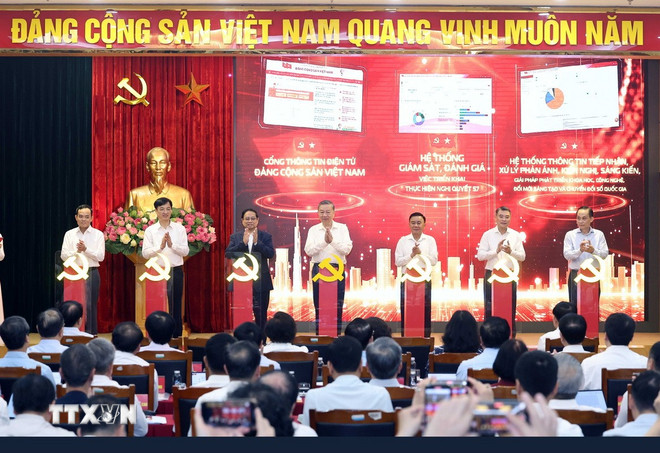
The General Secretary stated that the task ahead is very heavy, we must turn challenges into opportunities, turn determination into concrete actions, create historic changes, and bring the country to rapid and sustainable development on the basis of science and technology, innovation, and digital transformation.
At the Conference, General Secretary To Lam, Head of the Central Steering Committee for Science, Technology, Innovation and Digital Transformation, together with Party and State leaders, performed the launching ceremony of three digital platforms serving the implementation of Resolution No. 57-NQ/TW, including: The Communist Party of Vietnam Electronic Information Portal; The information system for monitoring and evaluating the implementation of Resolution No. 57-NQ/TW; The information system for receiving and processing feedback, recommendations, initiatives and solutions for the development of science, technology, innovation and national digital transformation./.
Source: https://www.vietnamplus.vn/tong-bi-thu-to-lam-uu-tien-cac-nhiem-vu-khoa-hoc-cong-nghe-doi-moi-sang-tao-post1047658.vnp



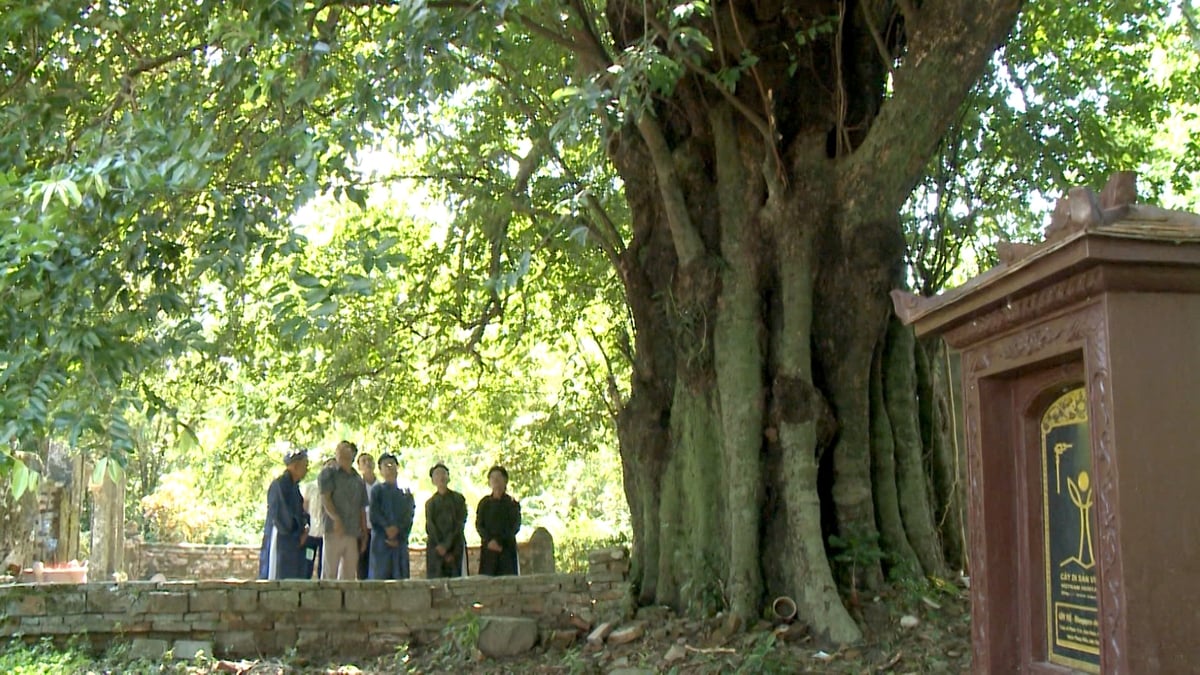





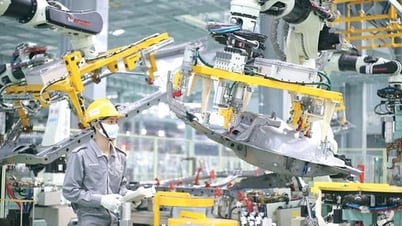

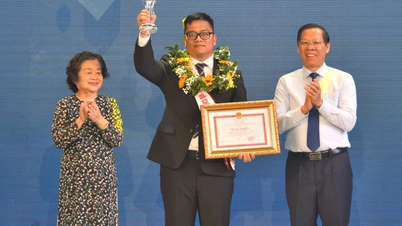



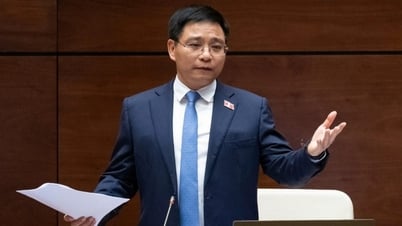


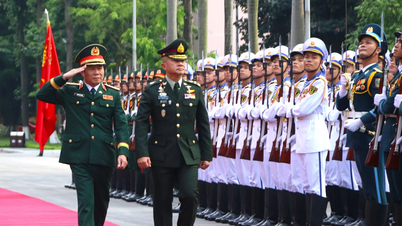


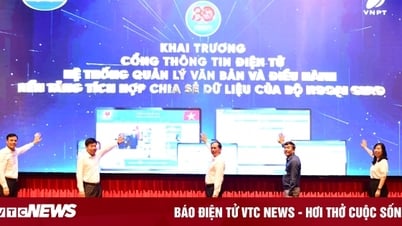








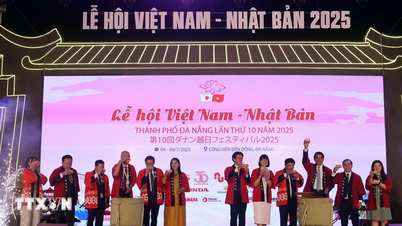

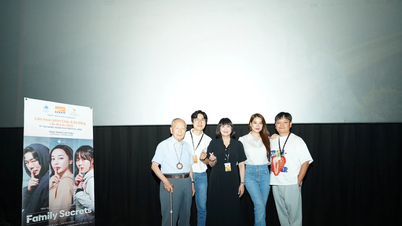

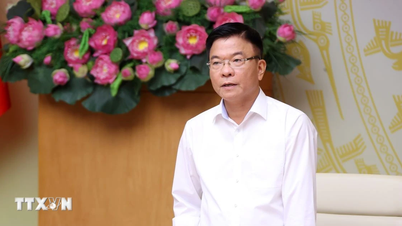
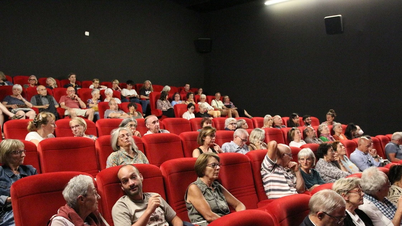






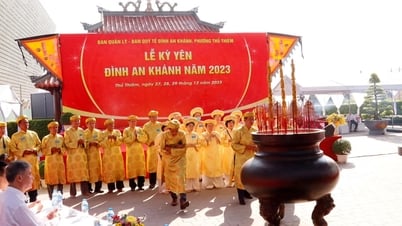






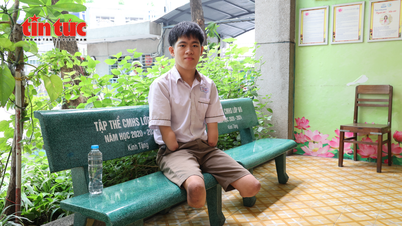








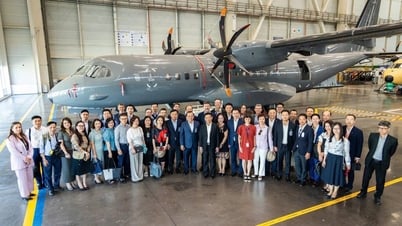


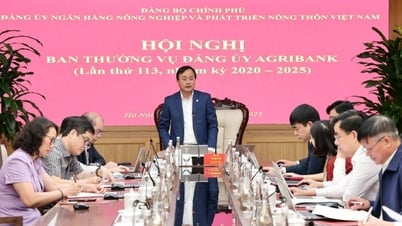

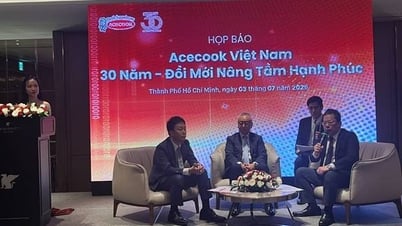

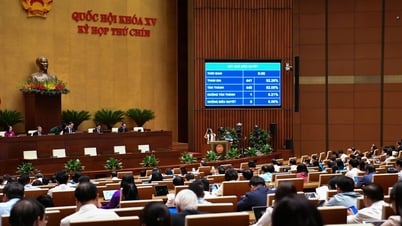
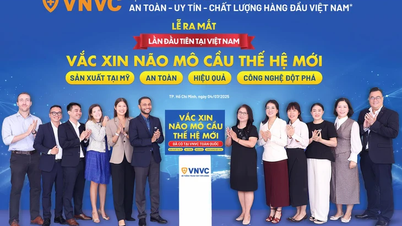

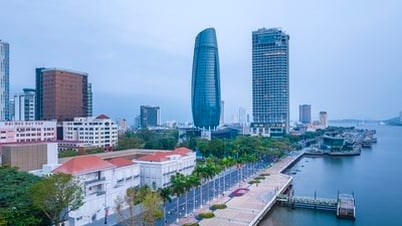


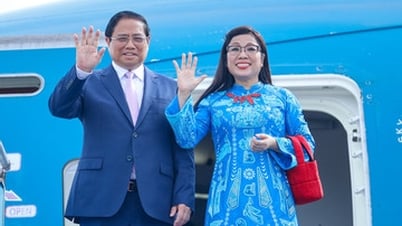
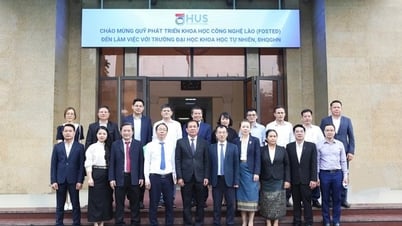


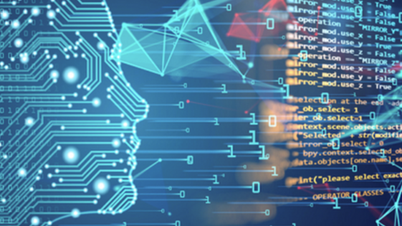


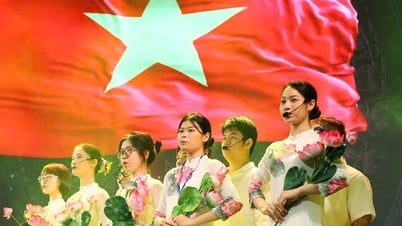











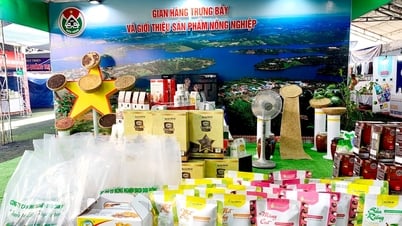

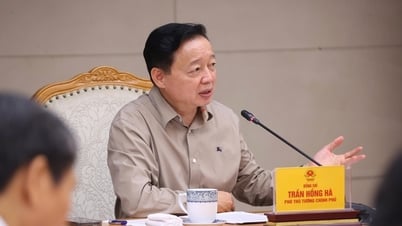
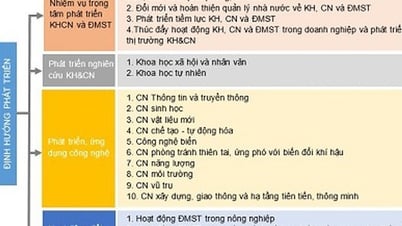

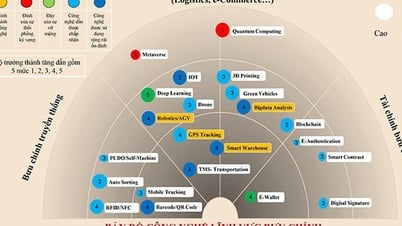






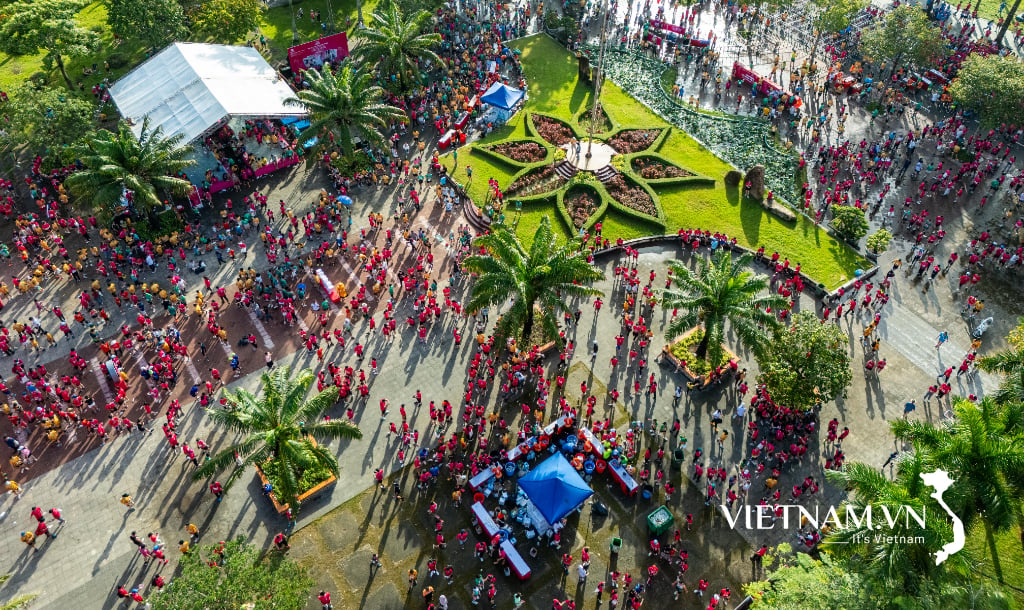
Comment (0)